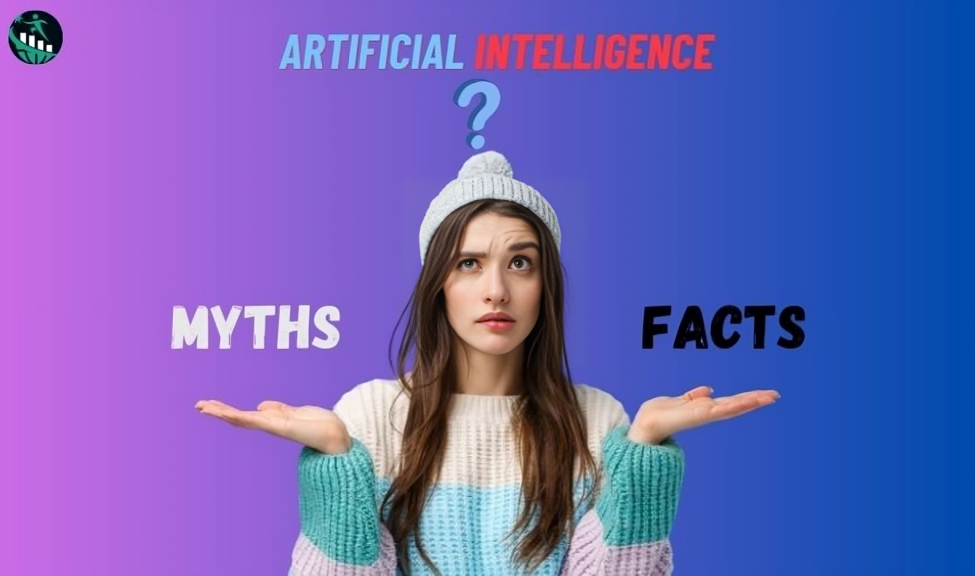
Artificial Intelligence: Myths vs. Facts
Introduction : In the rapidly evolving technological landscape, artificial intelligence (AI) emerges as a subject of intense discussion, often entangled in a web of myths and realities. As AI becomes increasingly integrated into our everyday tools—from mobile devices to autonomous vehicles—it's essential to differentiate between misconceptions and the actual capabilities of AI.
Myth 1: AI Can Think Just Like Humans
The AI of today is founded on intricate algorithms and vast datasets. It does not possess human-like consciousness or emotional depth. Its operational process is confined within the realms of its programming and the quality of data it processes.
Myth 2: AI Will Lead to Massive Job Losses
The common apprehension that AI will render human roles redundant is not entirely accurate. While AI will transform the employment landscape, it is also poised to generate new opportunities, particularly in fields related to technology, data analysis, and AI governance. The key to success in this new era lies in adaptability and continuous learning.
Myth 3: AI Can Solve All Problems
The effectiveness of AI has its boundaries. It excels in processing extensive data and identifying patterns but is restricted by the caliber of its input data. AI lacks the creative problem-solving attribute that is inherent in humans, leading to potential inaccuracies if the underlying data is flawed or biased.
Myth 4: AI Is Inherently Biased
The bias observed in AI systems often mirrors the biases present in their training data. AI itself does not create biases but can amplify pre-existing societal biases if it relies on skewed data. This situation accentuates the necessity for diverse, inclusive data sets and ethical practices in AI development.
Myth 5: AI Will Eventually Surpass Human Intelligence
Despite the rapid advancements in AI, it is yet to reach the comprehensive cognitive abilities of the human brain. Modern AI is proficient in specialized tasks but lacks the broader spectrum of general intelligence. The concept of AI surpassing human intelligence, often referred to as 'superintelligence', remains a subject of ongoing debate and theoretical speculation.
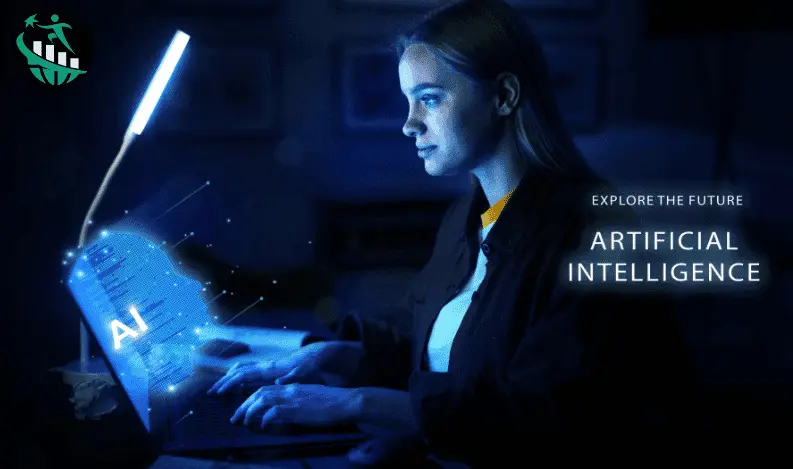
The Future of AI: Potential and Challenges
AI harbors significant potential to revolutionize various sectors, including healthcare, environmental sustainability, transportation, and education. However, this potential is accompanied by challenges, particularly concerning ethical implications, privacy, security, and the broader socio-economic impact.
Conclusion
Understanding AI as a potent yet limited tool is imperative. As AI becomes more ingrained in our daily existence, it is crucial to engage with its developments in an informed and critical manner. This approach will enable us to maximize the benefits of AI while responsibly managing its limitations.

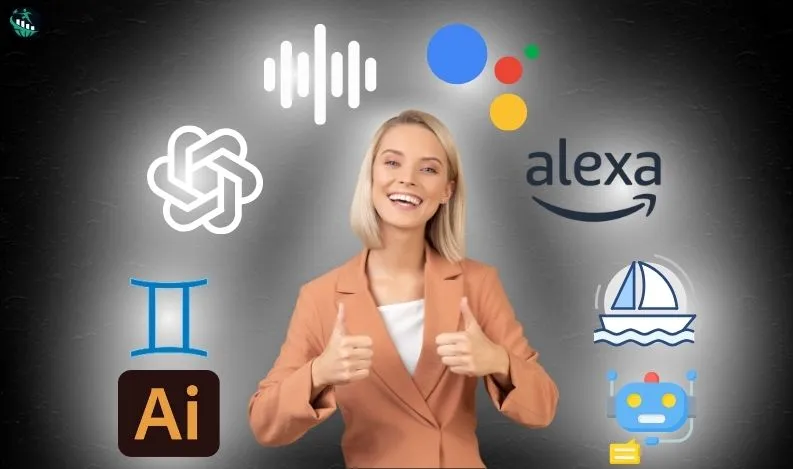

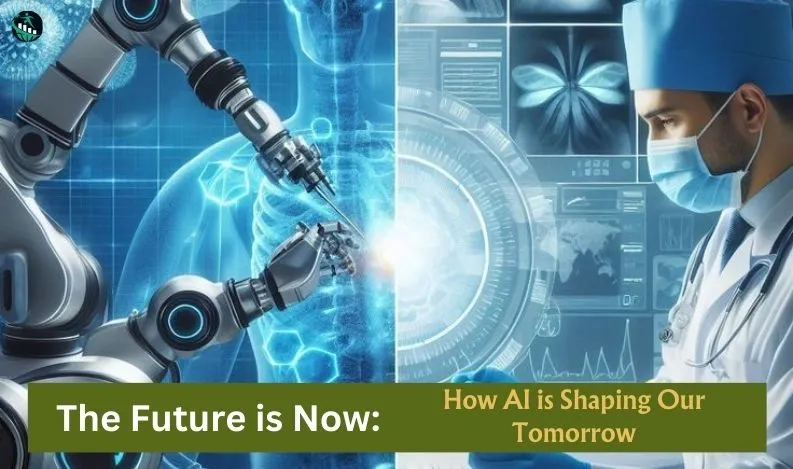
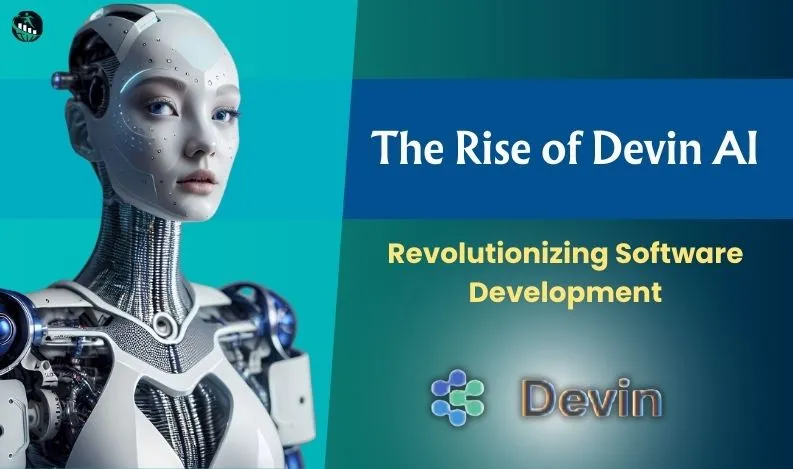
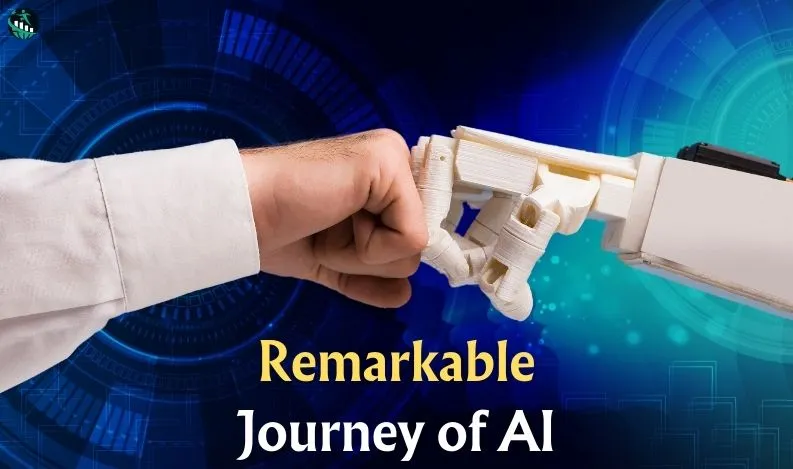


Recent Comments: